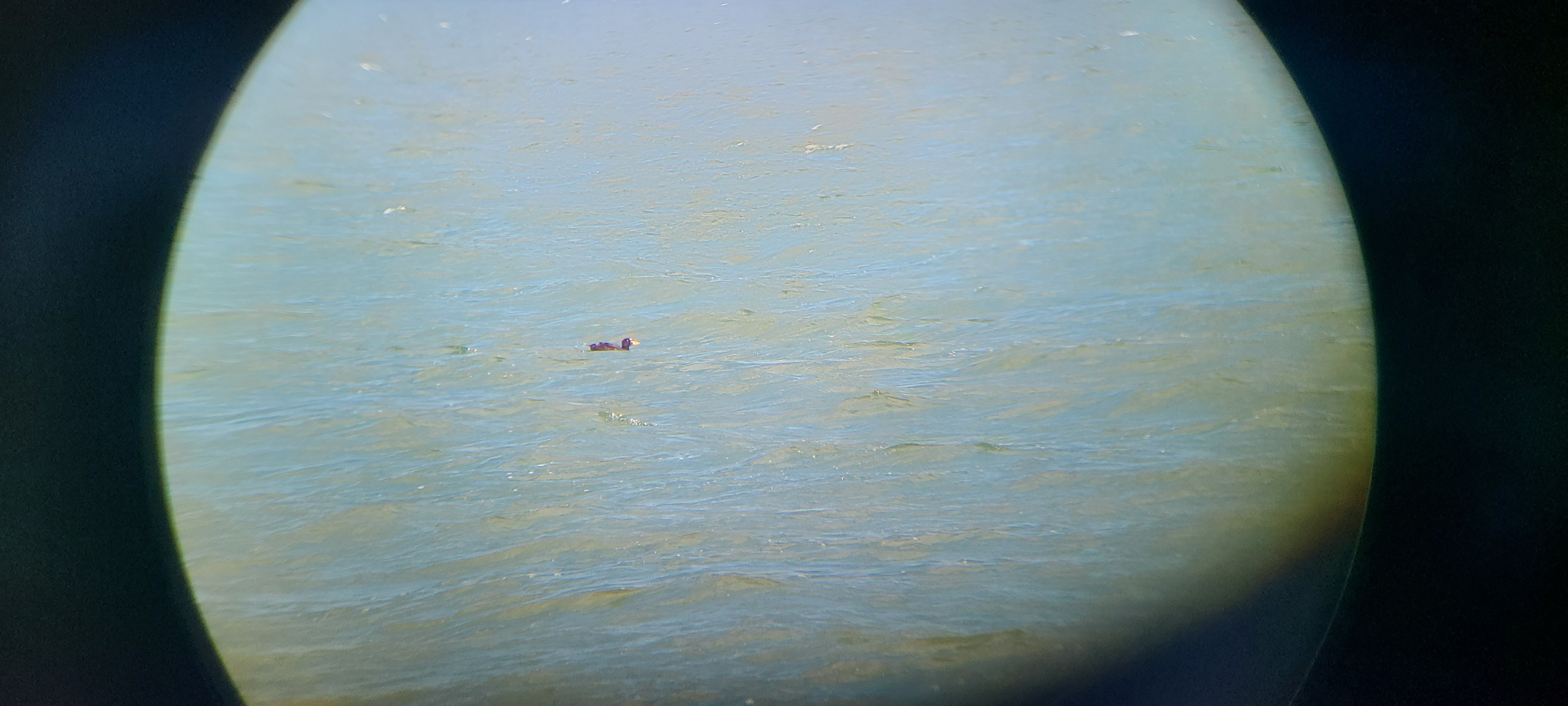Night and day difference for me, thanks for upgrading!
Neuromancer49
I'm a tall guy that fenced in college. You're a monster. But every fencer consents for this torture, so you can keep on keepin' on.
PhD in neuroscience here. I didn't specifically study musicology, but i did study the neuroscience of music.
The theory that holds the most water, in my opinion, is that music activates all the same parts of the brain as motor processing. It makes us want to move, and to make predictions about what's coming next. People like makimg predictions. It's also a pro-social activity that encourages bonding and communication. These are typically positive experiences.
Edit: you mentioned we like the breaking of patterns in music. Very true, we love syncopation. But we don't tap our foot to the rhythm, we groove to the beat.
I'm jealous. I have a hard time getting it to the table, but when it's there I'm living my best life.
I studied parts of the basal ganglia, part of the dopaminergic circuits of motor control. I'm not sure if it's a poorly written (news) article or the scientist was overstating his position - I don't know any neuroscientists who think dopamine is "sprayed" across the brain.
Edit: The paper is a breakthrough because it's reporting the first-ever direct imaging of dopamine signaling. But the news article mischaracterizes it.
Unironically one of the best King Gizzard and the Lizard Wizard bootleg songs.
Have you tried learning Japanese / English after learning the other? I studied Japanese and learned how to pronounce the /r/ in Japanese correctly.
For some people, the difficulty is less in production, and more in interpretation for someone who is native Japanese speaking and later learned English.
Chiming in with more context, my PhD was in neuroscience and I worked in a language lab. As others have stated, there is a critical window for learning a language. The biology behind it is fascinating.
As early as about 9 months of age, your brain begins to decide what speech sounds are important to you. For example, in Japanese the difference between /r/ and /l/ sounds doesn't matter, but in English it does. Before 9 months, most babies can tell the difference between the two sounds, but babies living in Japanese-speaking environments (without any English) LOSE this ability after 9ish months!
Language is more than just speech sounds, though. Imagine all these nuances of language - there are critical moments where your brain just decides to accept or reject them, and it's coded somewhere in your DNA.
At three months, my son started smiling. That's when it got way easier. The post partum spouse care can be so hard - especially when there are complications.
Do you have any family (parents, siblings, in laws) you can ask for help? We basically had live in help for the first two months, I don't know if I could have done it without them.
It proved there were benefits, read the article.
Very few things are proved definitively in science. You test a hypothesis with statistics, which always carries a margin of error. Usually, it's 5% - the probability that your data randomly supports your hypothesis, even though there's no true relationship.
Personally, I prefer when journalists coach their language to avoid overstating the truth.



As much as I love that, it's likely this: https://en.m.wikipedia.org/wiki/Sublimation_(psychology)